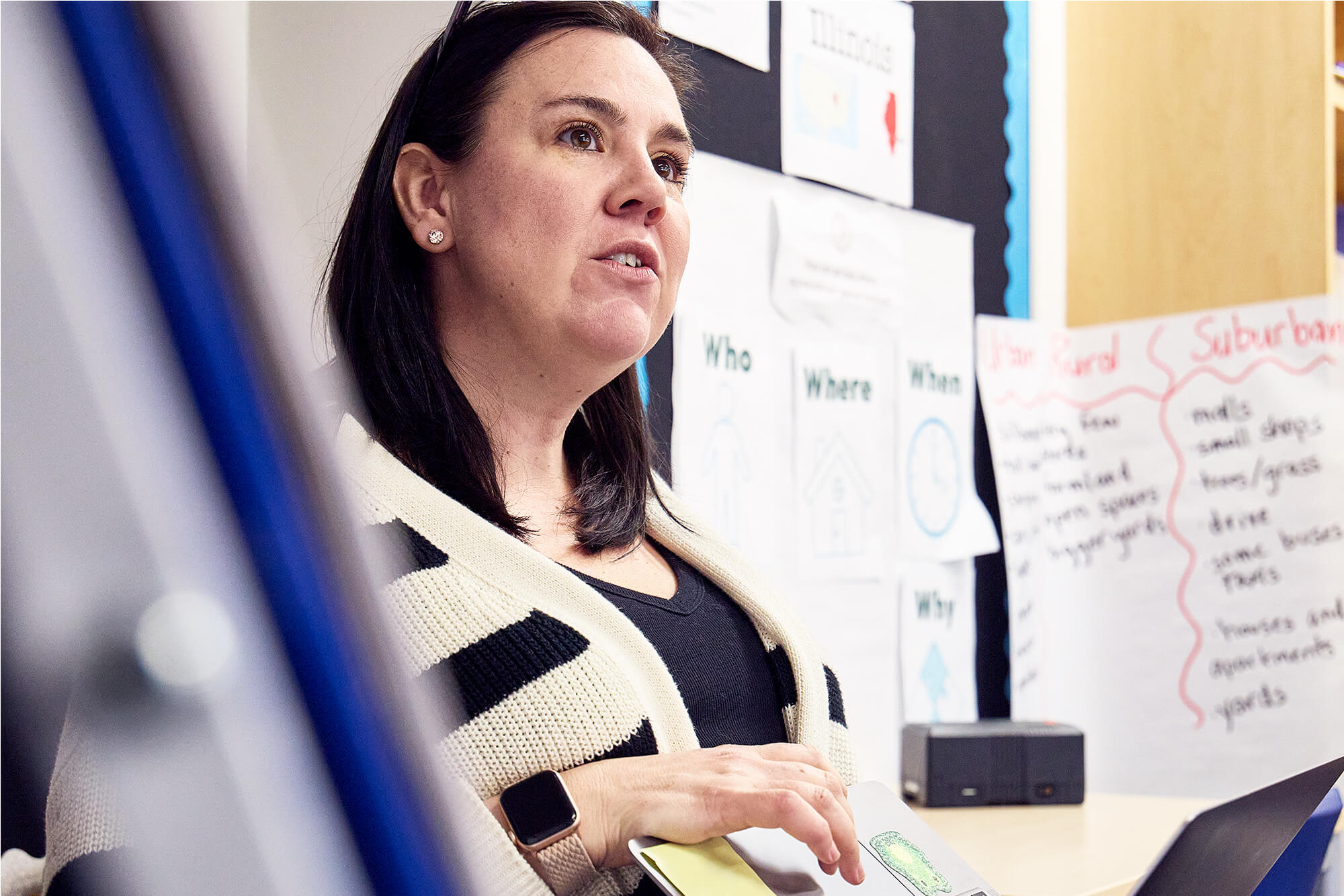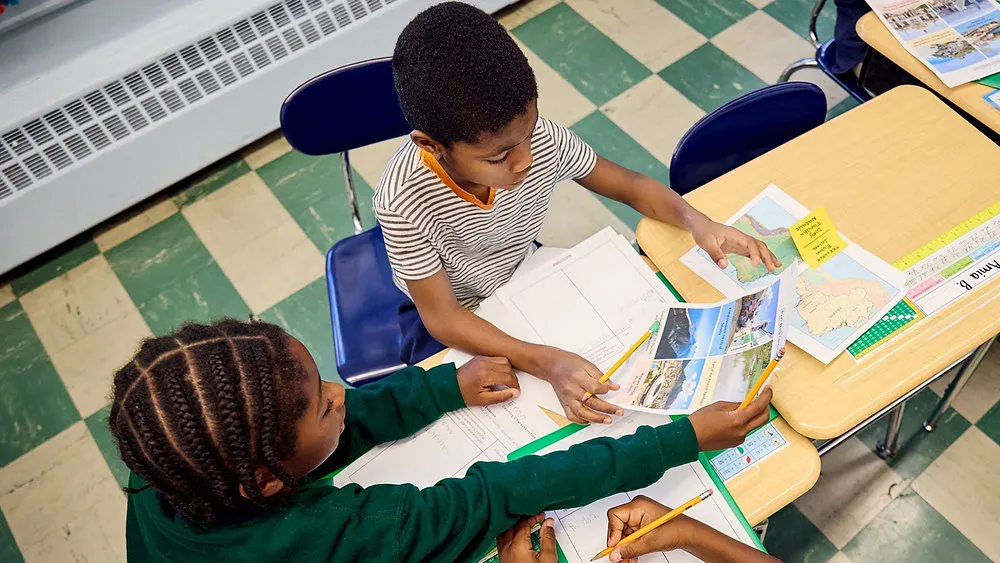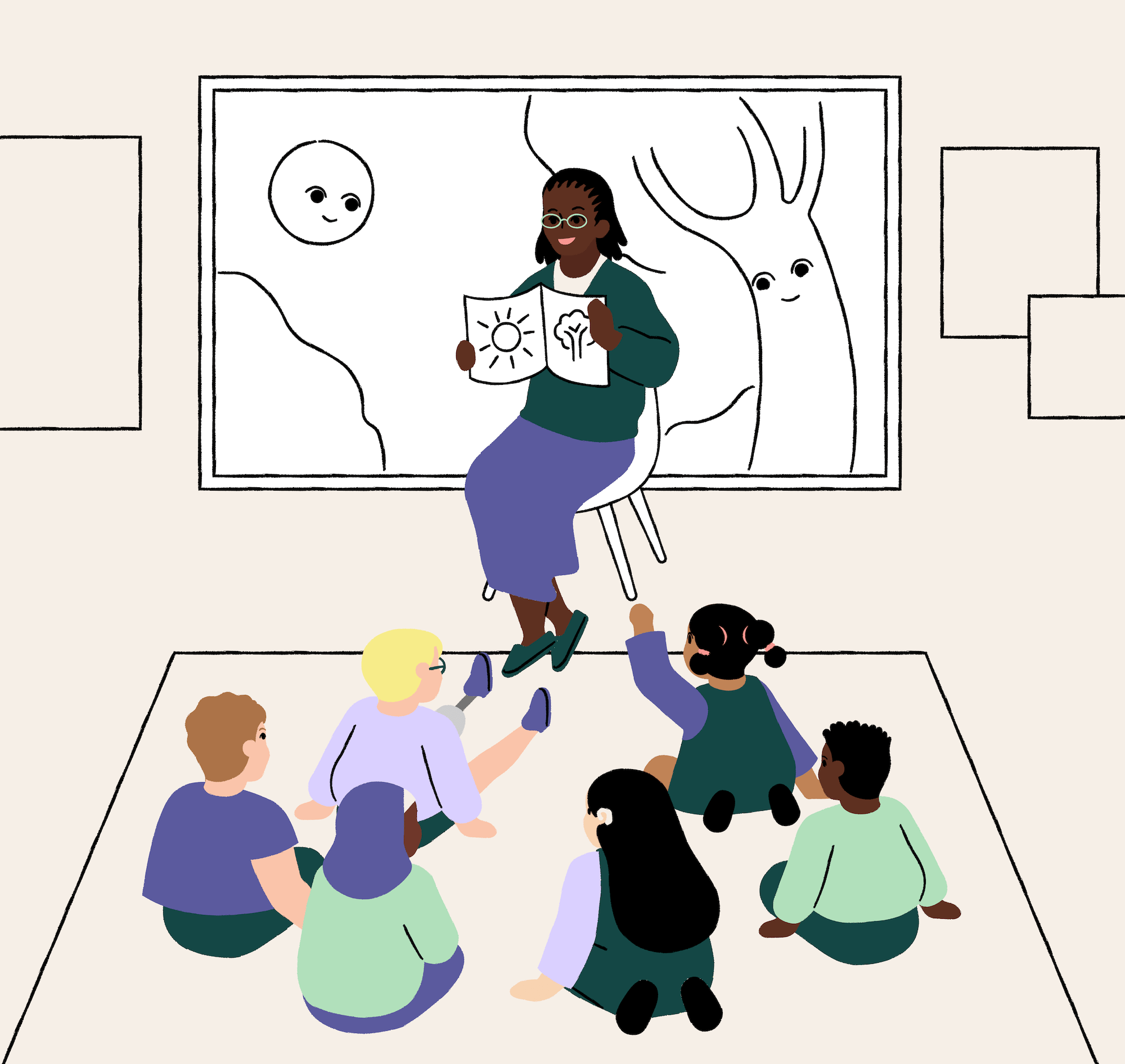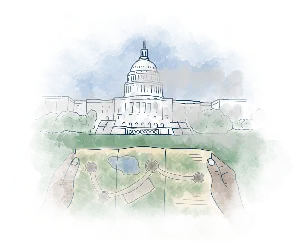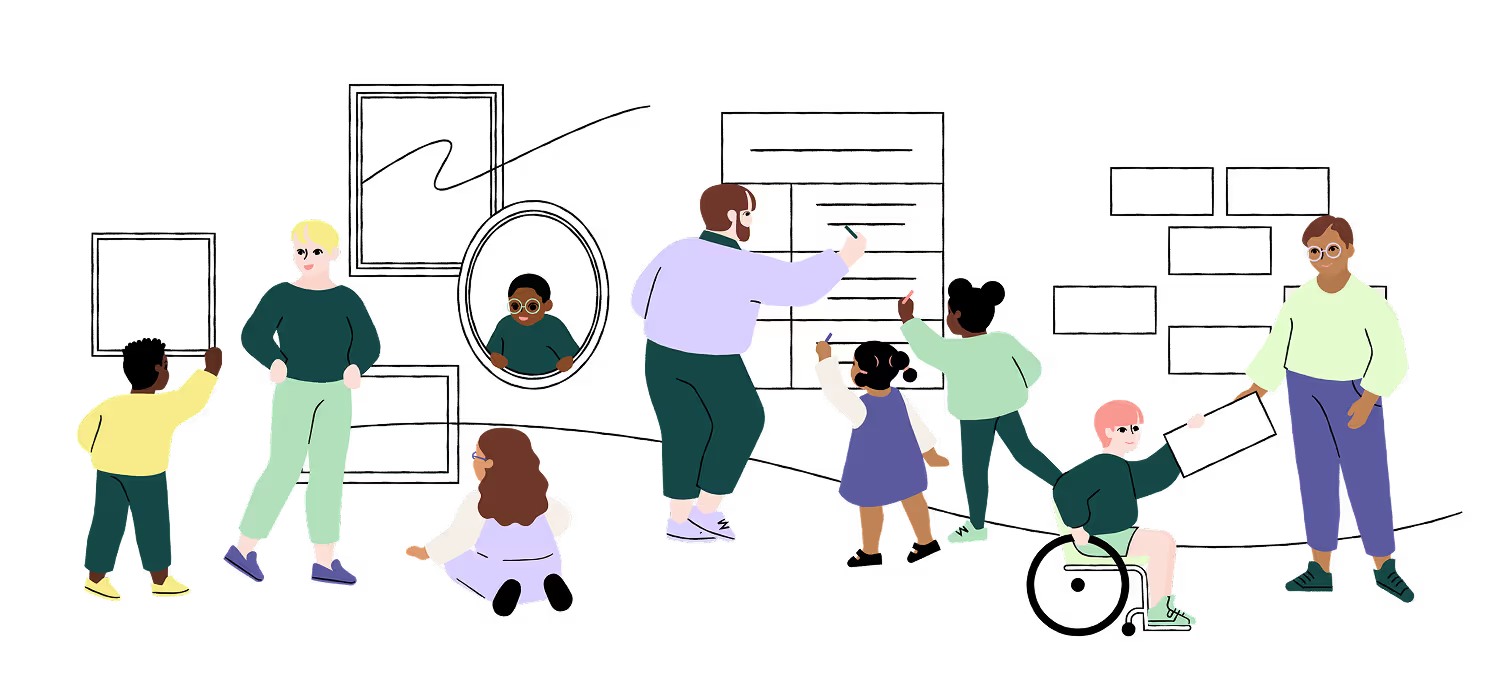inquirED Blog
Your source for inquiry-based learning and teaching strategies.
All blog posts

Webinars
Beyond Polarization: Centering the Practice of Inquiry in Social Studies
Explore how powerful questions can counter classroom polarization and promote deeper inquiry in social studies, with insights from educators and curriculum experts.


upcoming webinar
Free Resource
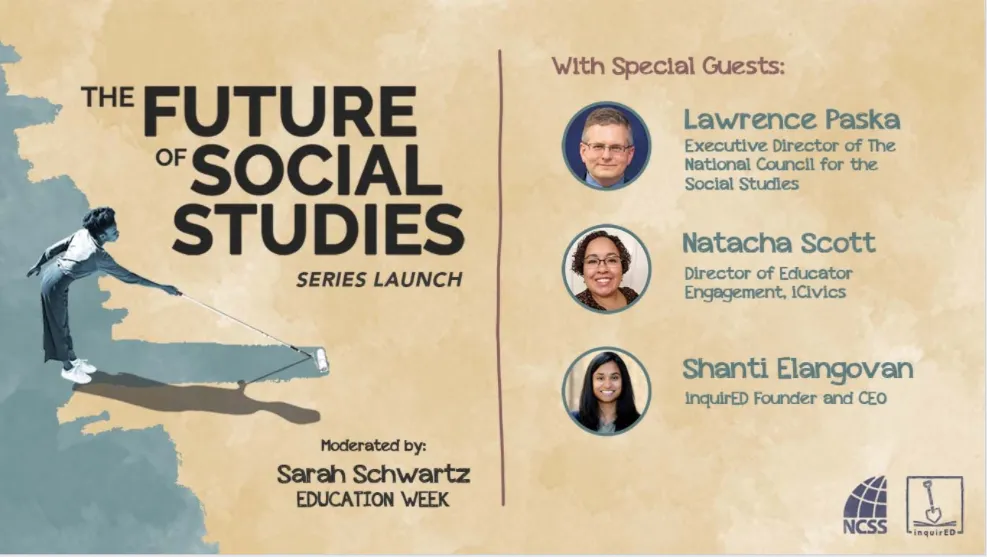
Webinars
The Future of Social Studies: Webinar Series Launch
Explore key insights from experts on the future of social studies, addressing current challenges, teacher support, and the urgent need for inquiry-driven civic education.


upcoming webinar
Free Resource
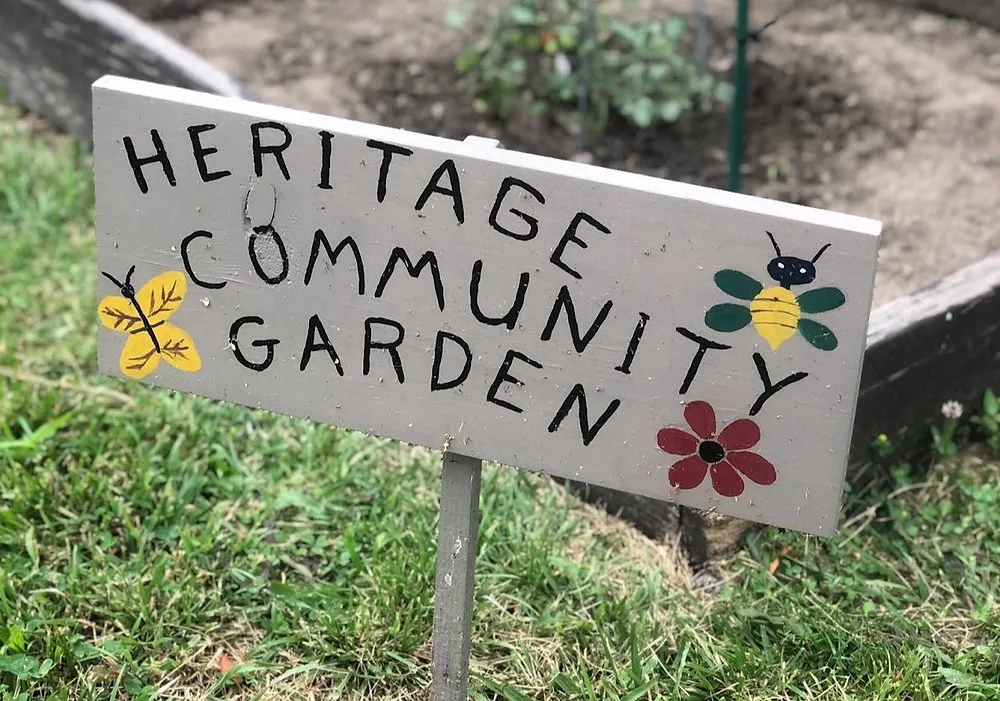
Elementary Social Studies
Informed Action in Inquiry Journeys: A Garden Grows in Ohio
Find out how students in Ohio took informed action in Inquiry Journeys by creating a community garden


upcoming webinar
Free Resource

Elementary Social Studies
Assessment in Elementary Social Studies: An Inquiry-Based Approach
Learn how Inquiry Journeys blends consistent and creative assessments—from pre-assessments to student-created products—to measure inquiry-based learning effectively.


upcoming webinar
Free Resource
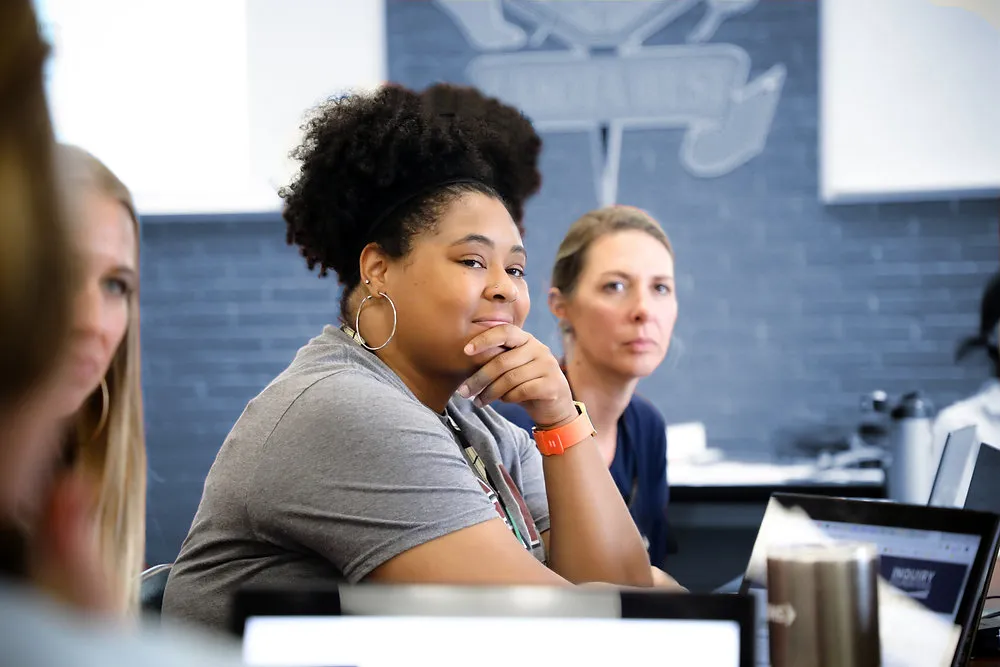
Webinars
Can Curriculum-Based Professional Learning Transform Teaching?
How can we make professional learning relevant, effective, and connected - so it meaningfully develops teacher practice and improves student outcomes? We explored that compelling question on today’s webinar.


upcoming webinar
Free Resource

Webinars
The Social Studies Curriculum Review Guide
We discuss inquirED's social studies curriculum review guide and the complex decisions in adopting a new social studies curriculum.


upcoming webinar
Free Resource
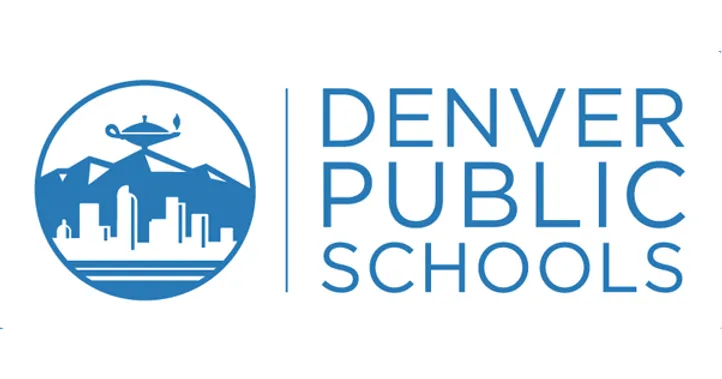
Webinars
Searching for Social Studies: Denver Public Schools
Choosing a social studies curriculum is one of the most important decisions that any school or district can make to improve student outcomes and develop the knowledge and skills students need to be active participants in civic life.


upcoming webinar
Free Resource
No results found.
There are no results with this criteria. Try changing your search.


Take a closer look at Inquiry Journeys
Inquiry Journeys (K–5 social studies curriculum) provides inquiry-based instruction for young learners through hands-on investigations and primary source analysis. Explore how elementary students build knowledge and skills by asking questions, analyzing evidence, and connecting learning to their lives and communities.


